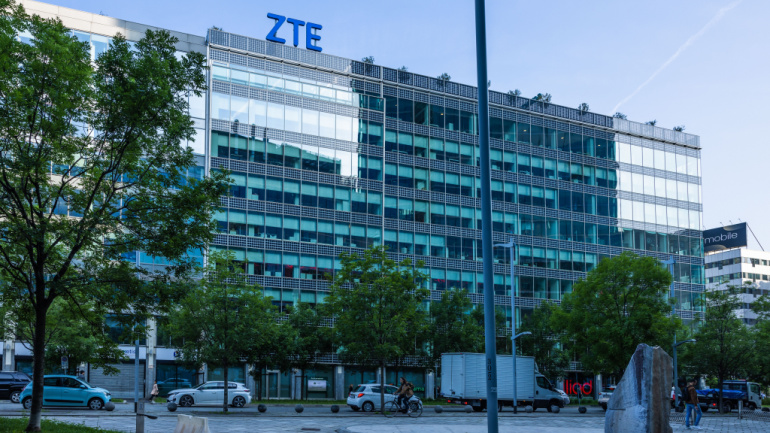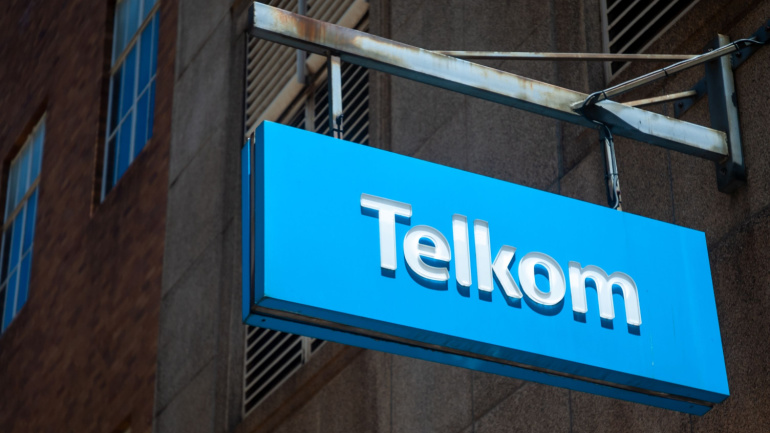Navigating workplace communications is challenging for business owners. Choosing between PSTN and VoIP is complex. PSTN offers reliability and call quality, while VoIP provides flexibility and scalability. VoIP integrates with tools and supports remote work. PSTN is secure and compliant, but VoIP can be secured with measures. PSTN excels in emergency services, but VoIP is improving.
Hyperoptic announces over 100 layoffs, with plans to reassign 40 network build engineers to customer-focused roles amid growing competition and economic pressures in the UK fibre market. Industry consolidation seems inevitable as rival networks face similar challenges.
$714 million allocated to small telecom companies in the ReConnect program’s fourth round aims to deliver high-speed internet to rural areas with full fiber infrastructure. USDA Secretary Tom Vilsack highlights the importance of the Bipartisan Infrastructure Law and its contributions to bridging the digital divide in rural communities.
Discover how ZTE reduced greenhouse gas emissions by 7.5% through low-carbon strategies while investing in AI-driven digital energy solutions and joining the Science Based Targets initiative for a sustainable future.
DIDWW, a provider of premium quality VoIP communications and two-way SIP trunking services worldwide, has successfully passed the annual ISO 27001 audit for the Information Security Management System (ISMS). This step further demonstrates the telecom operator’s commitment to protecting corporate data and customer information while maintaining the highest standards of security in its operations. As one of the world’s most recognized information security frameworks, ISO 27001 certification reinforces a set of standards for effective data protection. The successful renewal of this certificate confirms that the DIDWW ISMS remains aligned with the best international practices for information security. The scope of ISO 27001 certification includes employees, processes, software development, and infrastructures that continue to operate, innovate, and support voice capacity building, messaging and cloud PBX services. The reaffirmation of ISO 27001 certification by DIDWW serves as further evidence for the company’s partners and customers regarding the continued quality and security of…
Vodafone and CK Hutchison announce plans to merge their UK operations, highlighting potential benefits such as a top-class 5G network and better customer value. However, regulatory approval may pose a challenge and delay the process.
As the EU deliberates banning “high-risk” companies from its 5G networks, Huawei receives €3.89 million in funding for research into 6G, AI, and cloud computing. With Germany’s position potentially sealing Huawei’s fate in Europe, the future remains uncertain.
Deutsche Bahn, Ericsson, O2 Telefónica, and Vantage Towers collaborate on the Gigabit Innovation Track project, securing €6.4 million to provide gigabit 5G speeds for German train passengers and explore resource-efficient implementation methods. The trial aims to deliver reliable 5G by 2024, potentially impacting global connectivity improvements.
Telkom South Africa faces a potential takeover as a consortium, including Axian Telecom and the Government Employees Pension Fund, expresses interest amid challenging times. The company’s financial struggles and infrastructure issues set the stage for possible mergers, collaborations, and a dynamic telecommunications landscape.
Telecom operators globally embrace digital transformation, with East Asia dominating the top positions in Omdia’s benchmark. China Mobile leads, driven by high-speed broadband deployment and innovative service development, followed by SK Telecom’s AI-focused reinvention.













